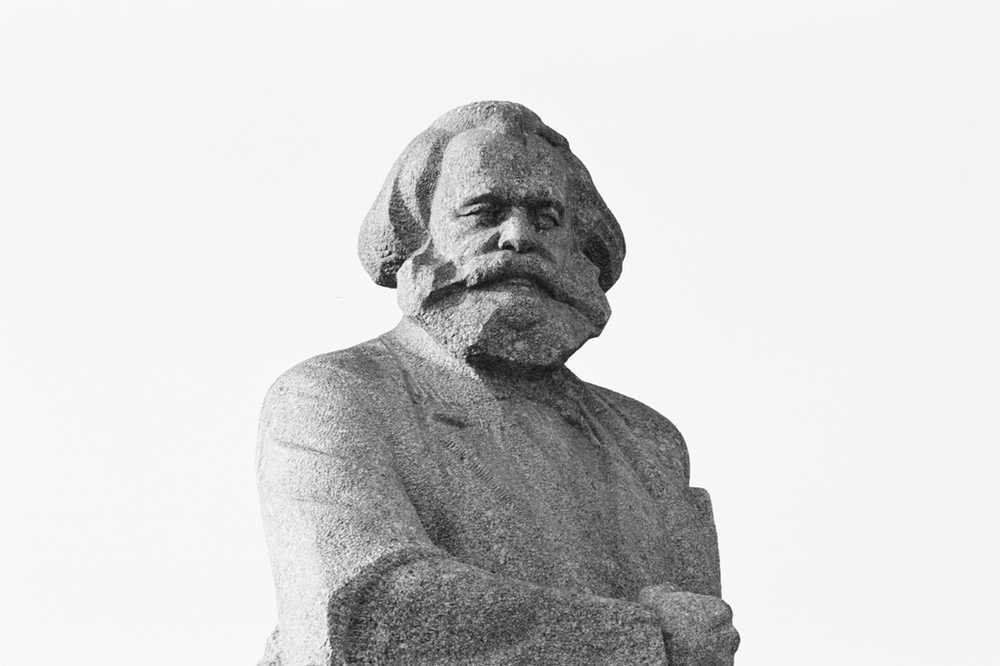Karl Marx’s perspective on class revolves around capitalism and the Mode of Production. He divides class structure based on ownership of means of production. The ‘haves’ or Bourgeoisie are the ones who own and control means of production, they exploit the other class ‘have nots’ Proletariat who make finished products but are excluded from owning the means of production.
Marx propounded human beings have ever-increasing needs, first basic then it just keeps increasing. This forms the basis for production. Rising needs change the social structure. The Capitalist or the ruling class owns the means of production e.g., raw material, land, tools and all that’s necessary for production. The working class (Proletariat), the ones who actually engaged in the production, do not own the means of production. They remain alive by working for the Bourgeoisie, by earning wages by selling their labour; ability to work and expertise.
The main goal of the Bourgeoisie is to maximise their profit. They do this by selling the finished goods in the market at a higher price than their cost of production + cost of labour. They maximize their profit by reinvesting their profit to increase means and output production and by exploiting the labourers. Labours don’t have much say as they are many in number and easily replaceable. Where the Bourgeoisie is few but has all the bargaining power. There is always struggle and strife between the classes as the working class wants to end the exploitation.
Capitalism Maintains the class difference. The capitalist, create laws, governance machinery, education system, art, literature, science and philosophy to serve their own interests and to keep the Prolatiotes from rising up. Apart from this, the working class is also deprived of psychological satisfaction as they work on machines, the machine does all the work. Marx referred to the lack of satisfaction as ‘alienation of human labour’. Marx compared modern industrial workers with medieval craftsmen: the craftsmen at least got the satisfaction and end product with them.
The Occupation itself can’t be determinant of class position but on basis of the position of the person in the social organization. Example Tailors one runs his own shop and the other works in a factory. Both are in the same occupation of Dressmaking but differ in social class. The crucial condition that developed the divide in social class was the conflict of economic needs. One’s factories are set up by a mass number of people who work together in unity and strive against the owner who exploits them. This leads to revolution.
Alienation of labour from all the good things and major psychological deprivation would eventually lead to proletarian revolution. The revolution was
important means through which social change could be effected and was necessary to maintain the balance in society.
A Rap Battle video, you might enjoy:
